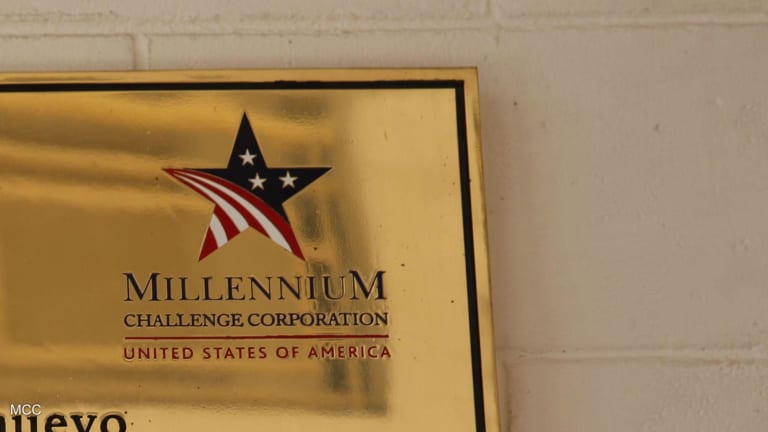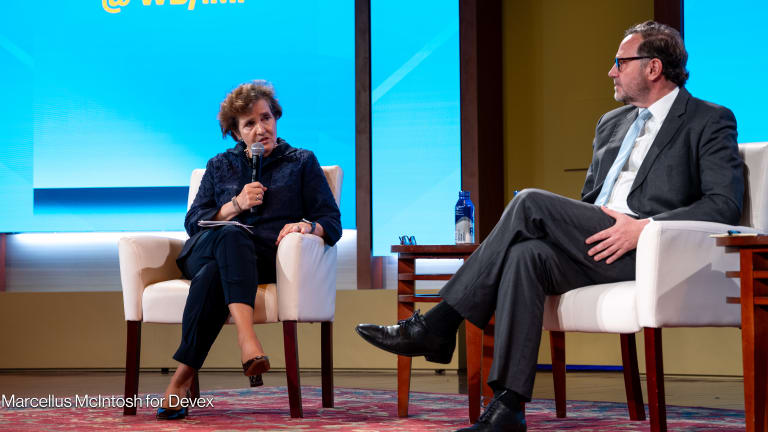It's not easy to kickstart successful international development projects while allowing partners to control priorities, implementation and delivery systems. Just ask the Millennium Challenge Corp.
MCC acknowledged tensions adhering to the "country ownership" ideal envisioned by the Paris Declaration on Aid Effectiveness.
"After a country moves into implementation, there may be practical tradeoffs between the goal of having a country completely own the process and the goal of timely implementation," MCC said in a working paper that is to be formally unveiled Feb. 18 in Washington. "The desire for rapid implementation and universal quality control can be in direct tension with efforts to pursue ownership on a more country-specific timetable. Although MCC-funded compacts are intended to be long run investments in economic growth and poverty reduction, there is also a strong desire for ‘rapid results.' Country partners hear elevated demands from their domestic beneficiaries, while MCC's domestic stakeholders call on the Corporation to demonstrate results more quickly."
The paper also acknowledges some of the growing pains the young agency is experiencing.
"MCC has two roles during compact implementation, and these are sometimes in tension," the government corporation notes. "First, because we want to maximize the reduction in poverty associated with our investments, MCC plays a supporting role, providing technical assistance when necessary to the country-led and -staffed entity responsible for implementation … Second, however, MCC wants our partners to bear the weight of implementation responsibilities, because this critical piece of country ownership contributes to more accountable, sustainable outcomes."
MCC acknowledges these tensions but maintains that the agency's approach to development is the right one. This isn't surprising - no agency is going to admit it's on the wrong path, especially in this funding environment. It's also reasonable, since the agency is trying to promote country ownership. And some of the tension seems to be coming directly from Capitol Hill: Lawmakers want results in a timely manner.
But these tensions also raise a number of questions. Is it possible to lessen the friction between the "country ownership" ideal and a donor's eagerness to affect or measure outcomes, or is this tension simply an inherent part of MCC's development process? What should be done to resolve the tensions - closer collaboration with partner countries, better metrics of success? How can the development process be improved, and is MCC changing course given the realities on the ground? Should strategies to achieve "country ownership" be redefined?








